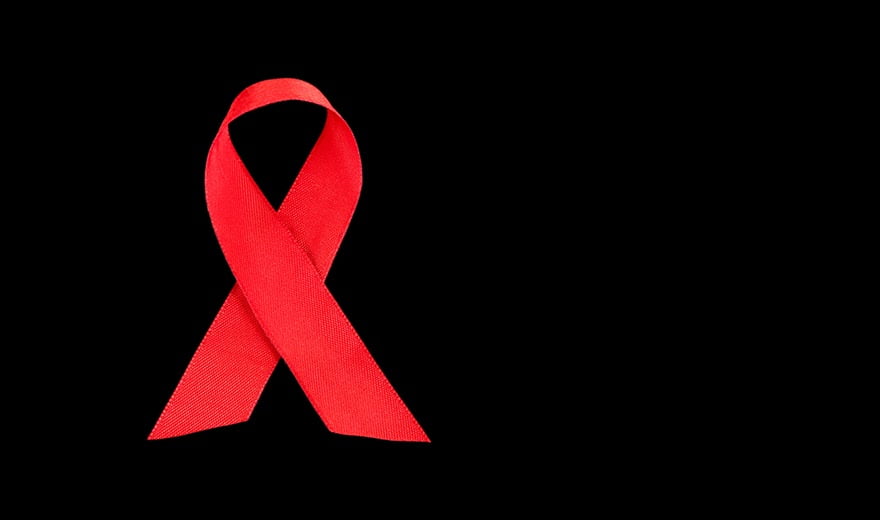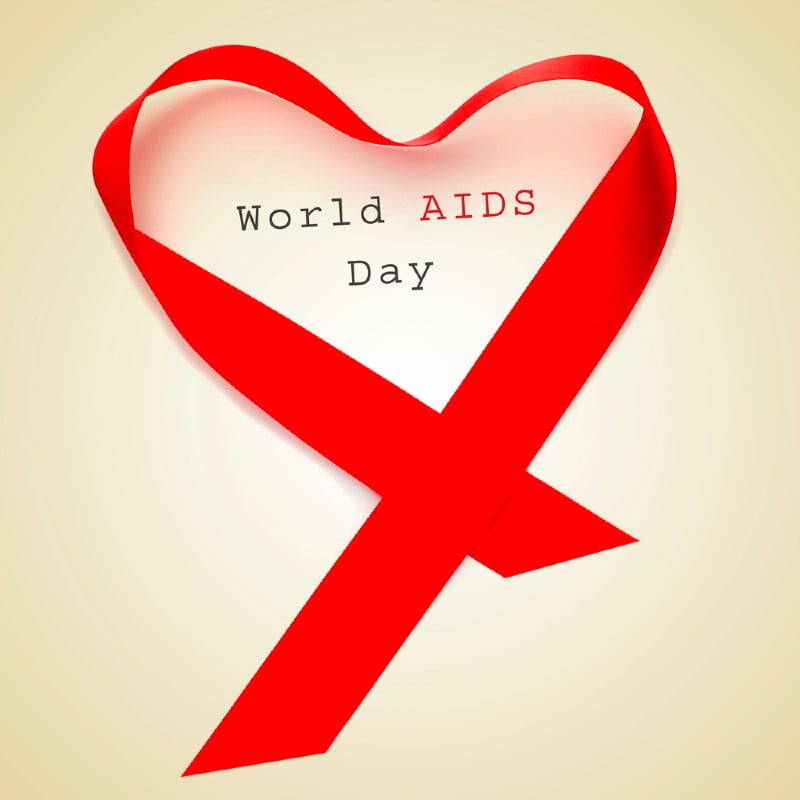HIV prevalence in Norway remains low, with effective prevention and treatment measures like PrEP and early diagnosis reducing transmission rates. Ongoing efforts focus on addressing cases among at-risk groups.
Given the impact made by the pandemic of 2020-22, it’s sometimes easy to forget about other illnesses that are still impacting people all over the world.

Since the start of the HIV/AIDS epidemic, it is estimated that approximately 78 million people have been infected with HIV and approximately 35 million people have died of AIDS-related diseases worldwide.
While HIV/AIDS is strongly linked with the 1980s and many medical advances have been made, there is still no cure.
Of the approximately 38 million people living with HIV, 1.7 million were newly diagnosed in 2019. But how about here in Norway? Let's take a look at the situation in Norway and what Norwegian healthcare services are available.
The HIV/AIDS situation in Norway today
The Norwegian Institute of Public Health (FHI) monitors the HIV situation in Norway and keeps statistics on diagnosed HIV cases in the country.
As of the latest FHI update in December 2024, HIV prevalence in Norway is low, with minimal new cases reported. Slightly over 5,000 people currently live with HIV in Norway, with an estimated 350–500 undiagnosed cases per year.
By 2019/2020, 98% of diagnosed individuals were receiving treatment, with 96% achieving viral suppression. More recent data is unavailable.
Annual new diagnoses largely reflect immigration from countries with high HIV prevalence. Men who have sex with men (MSM) and heterosexual men traveling abroad, especially to Southeast Asia, remain the most at-risk groups.
Among MSM, reported cases have declined in recent years, indicating the success of measures like rapid treatment initiation and pre-exposure prophylaxis (PrEP).

HIV prevalence remains consistently low among people who inject drugs, Norwegian-born women, and youth. Studies in Oslo show HIV rates of 1–2% among people who inject drugs, all of whom in recent years were already receiving treatment.
In 2022, around 100 HIV cases were detected among Ukrainian refugees, mostly known cases already under treatment.
The virus has a high capacity for developing resistance to antiviral medications while maintaining replication. All new HIV diagnoses in Norway have been tested for resistance patterns since 2006 under the Virus Resistance Surveillance program.
A Downward Trend
During the 1990s, HIV cases in Norway were stable but rose in the early 2000s, primarily due to HIV-positive immigrants and increased infections among men who have sex with men.
By 2015, measures like enhanced testing and access to PrEP led to a decline in cases within this group. The number of cases among asylum seekers also decreased, particularly during the COVID-19 pandemic.
Over the last decade, two-thirds of Norway's HIV cases were among immigrants, mainly from conflict zones in Africa and Southeast Asia.
Heterosexual transmission in Norway remains rare, with most cases contracted abroad, particularly in Thailand, and few are linked to drug injection.
Living with HIV in Norway
In Norway, the rights and responsibilities of people living with HIV are stipulated in the Infectious Disease Control Act. This applies to any person presently in Norway, including tourists, people without legal residence and undocumented persons.
People living with HIV are entitled to free medical care for everything related to their diagnosis. This includes free treatment of the HIV infection and assistance to avoid transmitting the infection.
Rights to dental care, psychological treatment and social services are also available in some circumstances.
HIV Testing in Norway
HIV testing is free of charge in Norway from all publicly-funded medical centres. Private tests are also available at a fee. Testing is available for free from your GP (fastlege) or from one of these clinics in the major cities.
It’s important to know that there are two types of HIV tests. The most accurate requires a blood sample and takes a few days to analyze. The rapid test that requires only a drop of blood provides a result within minutes, but it is less sensitive.
The HivNorge Organisation
HivNorge is an independent, national patient organisation committed to safeguarding the rights of people affected by HIV and working to reduce the spreading of HIV and AIDS.
It is a membership organisation, and membership is open to all interested parties, both individuals and civil society organisations associated with HIV and AIDS.
HivNorge offers individual counselling and guidance to people directly affected by HIV/AIDS, particularly concerning rights in health care, social security and workplace matters.
They also provide counselling and advice for professionals about living with HIV and other issues related to HIV, like rights and obligations for people living with HIV/AIDS.

